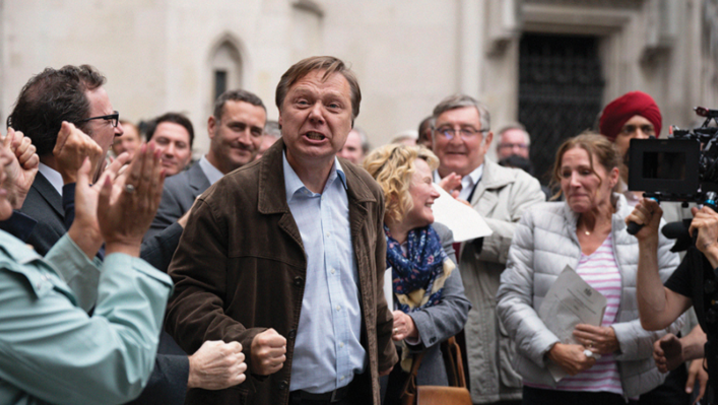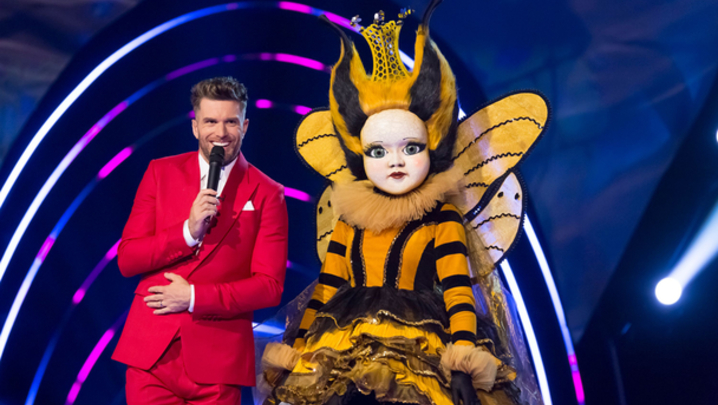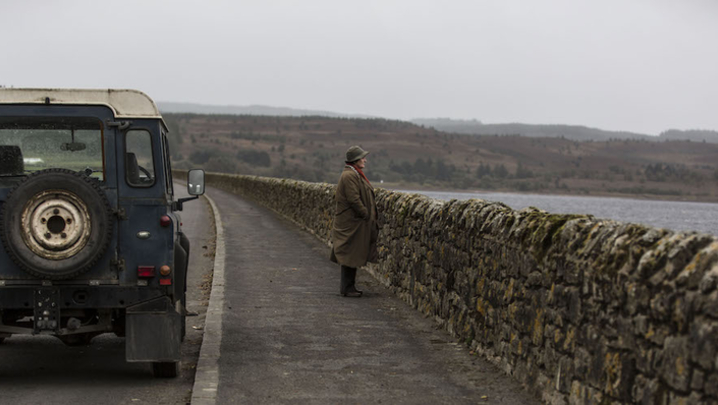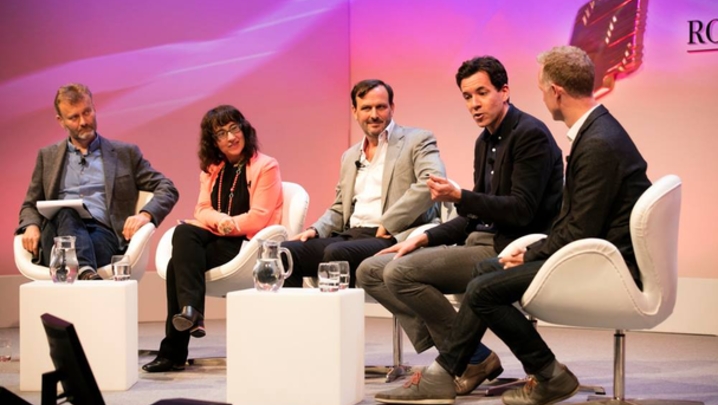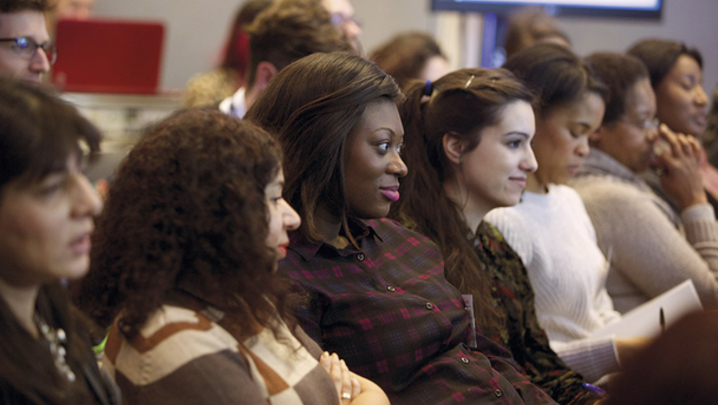Matthew Bell hears from the team behind ITV’s searing documentary on Hillsborough campaigner Anne Williams.
The film-makers behind The Real “Des”: The Dennis Nilsen Story reunited for another hard-hitting ITV documentary shown last month, but this time with a heroine at its centre. The Real Anne: Unfinished Business aired as a companion piece to ITV’s four-part drama Anne. The latter starred Maxine Peake as Hillsborough justice campaigner Anne Williams, who lost her son Kevin at the UK’s worst sporting disaster in 1989.
The film, fronted by Peake, recounts Williams’ battle for justice for the 96 supporters who died at the FA Cup semi-final between Liverpool and Nottingham Forest.
At an RTS Cymru Wales event in January, the film-makers revealed how they put the film together. “It was a very complicated story to tell – the drama had four hours and we had one hour. Aside from what happened on the day... we had to tell a complicated legal journey,” explained edit producer Claire Savage.
The team also had to bring the story up to date: Anne Williams died in 2013, but it was not until three years later that the coroner ruled that the 96 were unlawfully killed and that football fans were not to blame. “There was much more history to be told about her legacy,” said producer/director Iwan Roberts.
The team sifted vast amounts of archive, from BBC Sport and the police, on the day of the disaster, plus a lot of subsequent material on what became a three-decade campaign for justice.
Savage explained: “BBC Sport owned the majority of the footage from inside the stadium that day, so we had to [follow] its editorial policy to make sure it was happy with the shots we were using in the programme... for taste and decency, and privacy. “We were able to show what other documentaries haven’t really done before, which was what happened pre-match and... when the crush happened. That took a lot of research... to make sure all the pictures from that day aligned properly and that we were telling the truth.
“We wanted to show the enormity of what happened... Sara Williams, Kevin’s sister, gave us permission to show Kevin being pulled from the crowd and him lying on the pitch, which was incredibly hard for her... she wanted people to see those pictures.”
The Real Anne was filmed and edited during the pandemic. Director of photography Aled Jenkins had shot The Real “Des” during the first lockdown and used similar methods on The Real Anne, working in open spaces.
“The locations had to be in as big a space as possible so that we could shoot with longer lenses... The sound person was using a boom because we didn’t want to [get close to people and attach] radio mics.... The shooting process was difficult,” recalled Jenkins.
There were also benefits, argued Roberts: “A larger location can be more aesthetically pleasing than someone’s small house, where you haven’t got depth in the shot.”
Rahim Mastafa explained how he edited the documentary from his Cardiff home, while Savage was based in Formby, outside Liverpool: “We were screen sharing, so Claire could always see what I was doing.... We never... physically sat in the same room during the entire edit.
“I absolutely love working from home... with this kind of documentary and the amount of work that needs to be done, you kind of need all the hours of the day, so I don’t want to spend two hours each day travelling back and forth to work.”
Looking back, Roberts is full of admiration for the campaigners: “Ordinary people against the British Establishment that just wanted Hillsborough to go away. Anne represents many families... It’s incredible what she achieved, at a huge sacrifice to her and her family.”
‘The Real Anne: Q&A’ was an RTS Cymru Wales event held on 21 January. It was chaired by Centre Chair Edward Russell.
Report by Matthew Bell


